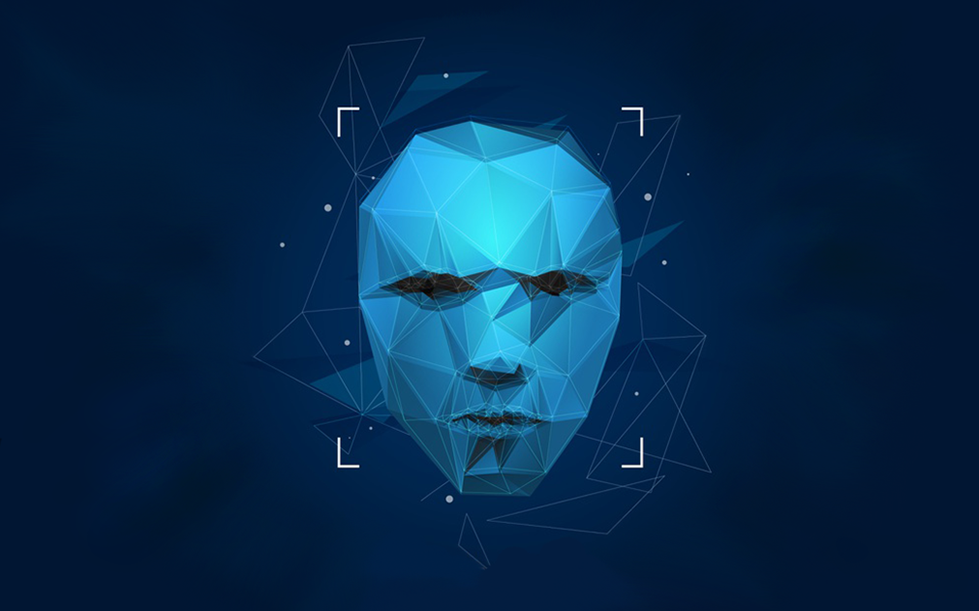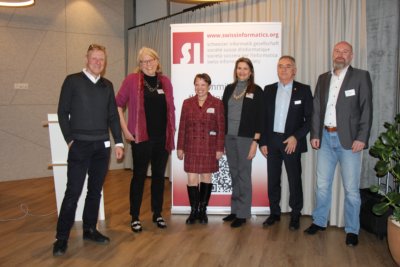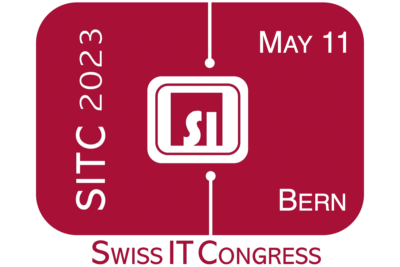As the SI’s specialist group “Informatics and Society“, we recommend banning facial recognition with the potential for mass surveillance in public spaces. Not only because of the known and in many places described shortcomings of the technology (discrimination, false recognition), but especially because of the inhibiting effects on democratic processes (e.g. public rallies) and the diversity of our society (creativity, self-expression), we consider the damage caused by such biometric mass surveillance to be greater than the possible benefit. The same applies to the use of facial recognition in quasi-public contexts (which include football stadiums, train stations, shopping malls, among others) as long as the laws regarding data storage and re-use are not defined.
Face recognition is a form of biometric data processing. It involves comparing an image of a face with one or more other images. A similarity measure is calculated for each reference image. If this value exceeds a predefined threshold, the images are considered to belong to the same person.
Mass surveillance using biometric technologies
Data collected about us, with or without our consent, already leads to the ability to predict and manipulate our behavior, mostly as consumers. Using biometric tracking, facial recognition operators know who has been where (and with whom) and when. This multiplies the power that private or public organizations gain. Facial recognition applications are particularly problematic because they take place unnoticed. The possibility for ‘opt-in’ or ‘opt-out’ is not given.
In general, three broad application types of face recognition can be distinguished. Verification involves comparing the current image with exactly one other (1:1 match). A typical example is authentication (smartphone unlocking, access control) and identity verification. In identification, an image of an initially unknown person is compared with images of several persons whose identity is known, with the aim of determining the identity of the person in the current image (1:n match). Identification has the greatest potential for misuse and is therefore the focus here. Classification ranges from determining whether an image contains a person at all (e.g., counting people) to (scientifically questionable) sentiment recognition.
Ban versus moratorium
Not only the shortcomings of the current technology, which can lead to discrimination, false suspicion, and even unjust decisions, argue for banning facial recognition for mass surveillance in public spaces. We estimate the fundamental potential for harm to be so great that even improved technology will not be able to solve the problem of data handling. Therefore, facial recognition with the potential for mass surveillance should be permanently banned.
Democratic process and evolution
Permanent area-wide observation inhibits the willingness to participate in social and opinion-forming processes and leads to conformist thinking and compliant behavior. This contradicts our democracy and our values and is an attack on freedom of expression and human dignity. In addition, mass surveillance impairs diversity, creativity and our opportunities for development.
Misuse and unauthorized use of biometric data
Without banning or at least regulating facial recognition, the door is opened to the misuse of biometric data. Police officers and other state employees can, for example, identify political dissenters by means of facial recognition and subsequently stalk or mob them (see e.g. NSU 2.0 in Germany).
Also vulnerable to misuse are image databases at private companies such as ClearView and PimEyes, which allow people to be identified from an image or to perform a reverse search using facial images.
What can SI members do? – Sign petitions to ban facial recognition for mass surveillance (e.g. ReclaimYourFace.eu, see below); – Bring examples of facial recognition applications in Switzerland to our attention!
References and further information
- A statement on facial recognition from our American sister company:
Statement on Principles And Prerequisites for the Development, Evaluation and Use of Unbiased Facial Recognition Technologies. ACM U.S. Technology Policy Committee, June 2020 (https://www.acm.org/binaries/content/assets/public-policy/ustpc-facial-recognition-tech-statement.pdf).San Francisco was one of the first (of now several) cities to ban facial recognition:
Conger, R. Fausset, S.F. Kovaleski: San Francisco Bans Facial Recognition Technology. The New York Times, May 14, 2019 (https://www.nytimes.com/2019/05/14/us/facial-recognition-ban-san-francisco.html, visited Jan. 27, 2020). - The Chaos Computer Club analyzes the results of the German trial at Südkreuz station in Berlin:
erdgeist: Biometric video surveillance: the Südkreuz trial was not a success. CCC, Oct. 18, 2018 (https://www.ccc.de/de/updates/2018/debakel-am-suedkreuz, visited Feb. 16, 2020). - An in-depth analysis of which fundamental and human rights are restricted by facial recognition:
Facial recognition technology: fundamental rights considerations in the context of law enforcement. Europan Union Agency for Fundamental Rights, November 2019 (https://fra.europa.eu/en/news/2019/facial-recognition-technology-fundamental-rights-considerations-law-enforcement). - In the U.S., many citizens* are already stored in facial recognition databases, which amounts to permanent juxtaposition and suspicion:
Garvie, A. M. Bedoya, J. Frankle, M. Daugherty, K. Evans, E. J. George, S. McCubbin, H. Rudolph, I. Ullman, S. Ainsworth, D. Houck, M. Iorio, M. Kahn, E. Olson, J. Petenko, K. Singleton: The Perpetual Line-up. Unregulated Police Face Recognition in America. Georgetown Law Center on Privacy & Technology, October 2016. - Statement from our German affiliate:
GI rejects face recognition in public spaces. German Informatics Society, Feb. 19, 2020 (https://gi.de/meldung/gi-lehnt-gesichtserkennung-im-oeffentlichen-raum-ab). - Report in the New York Times on the company ClearView:
Hill: The Secretive Company That Might End Privacy as We Know It. New York Times, 1/18/2020 (https://www.nytimes.com/2020/01/18/technology/clearview-privacy-facial-recognition.html, visited 1/27/2020). - One of many examples now of the concrete impact facial recognition can have on innocent individuals:
Hill: Flawed Facial Recognition Leads To Arrest and Jail for New Jersey Man. New York Times Dec. 29, 2020 (https://www.nytimes.com/2020/12/29/technology/facial-recognition-misidentify-jail.html, visited Jan. 11, 2021). - Call by EDRi (an international network of civil society organizations) to ban facial recognition in the EU:
Jakubowska, D. Naranjo, “Ban Biometric Mass Surveillance. A set of fundamental rights demands for the European Commission and EU Member States. EDRi, May 2020 (https://edri.org/wp-content/uploads/2020/05/Paper-Ban-Biometric-Mass-Surveillance.pdf). - Discrimination and mass surveillance through facial recognition in China:
Mozur: One Month, 500,000 Face Scans: How China Is Using A.I. to Profile a Minority. The New York Times, Apr. 14, 2019 (https://www.nytimes.com/2019/04/14/technology/china-surveillance-artificial-intelligence-racial-profiling.html) - Introduction to Facial Recognition:
Bringing Facial Recognition Systems To Light. Partnership on AI (https://www.partnershiponai.org/facial-recognition-systems/, visited Mar. 10, 2021). - Campaign by many international organizations (including GI) to ban facial recognition:
eu - Facial recognition and mass surveillance of citizens* in USA:
Selinger a A. Cahn: Did you protest recently? Your face might be in a database. The Guardian, 17.7.2020 (https://www.theguardian.com/commentisfree/2020/jul/17/protest-black-lives-matter-database, visited 17.12.2020). - Microsoft president’s call for government regulation of facial recognition:
B. Smith: Facial recognition technology: the need for public regulation and corporate responsibility. Microsoft, 7/13/2018 (https://blogs.microsoft.com/on-the-issues/2018/07/13/facial-recognition-technology-the-need-for-public-regulation-and-corporate-responsibility/










